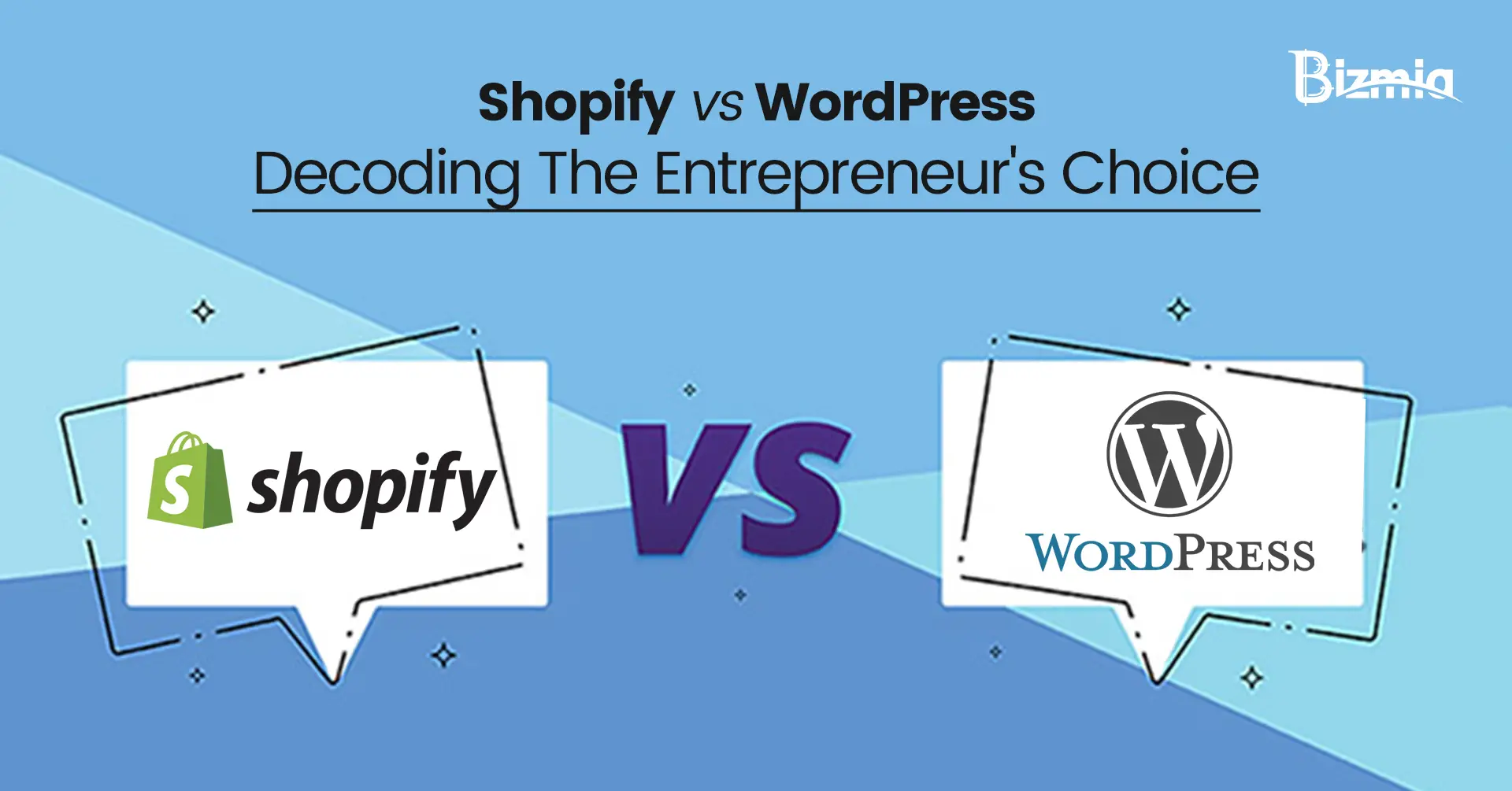In the vibrant and ever-evolving landscape of online businesses, one decision holds significant weight: choosing the ideal platform to construct your eCommerce store. WordPress, recognized for its superior content management capabilities, and Shopify, a platform exclusively dedicated to eCommerce, often top the list of choices; both platforms possess unique advantages, but a rising tide of entrepreneurs lean towards Shopify. Why? Let’s dissect this preference to understand the core reasons propelling this trend.
Streamlining Ecommerce: Shopify’s User-Friendly Approach
One of the key requirements when setting up an online store is user-friendliness. Shopify excels in this regard, offering an effortless process to build an online store. It’s been engineered specifically for eCommerce, enabling users to select from a wide array of templates, personalize their storefront, upload products, and launch their business, all requiring only basic technical skills. This streamlined approach allows businesses to focus on their core competencies, thus ensuring their eCommerce journey is efficient and enjoyable.
On the other hand, WordPress, despite being user-friendly as a platform, has a steeper learning curve when it comes to establishing an eCommerce store. The integration of additional plugins such as WooCommerce can pose a challenge, particularly for non-tech-savvy individuals. The additional setup and ongoing management may detract from focusing on key business operations.
Building Success With Shopify’s Ecommerce Toolkit
Another strong suit of Shopify is its extensive array of built-in eCommerce features. It offers a robust toolset, which includes efficient inventory management, seamless payment gateways, straightforward tax calculations, and flexible shipping options. Shopify operates as a one-stop platform that manages an online store smoothly.
While WordPress, in conjunction with WooCommerce, provides similar functionalities, the complexity of integration and management can often necessitate developer involvement. Plus, given its roots as a content management system, WordPress lacks the intrinsic eCommerce-centric approach that Shopify naturally offers. For businesses, this means additional resources may be needed to optimize a WordPress site for eCommerce, rather than focusing on growth and customer service.
Ensuring a Secure Customer Experience
In the dynamic world of eCommerce, securing your online store and customer data is paramount. Shopify offers robust security measures, providing SSL encryption for all its stores, ensuring secure data transmission between your store and your customers. Additionally, Shopify’s Level 1 PCI DSS compliance offers a solid defense against cyber threats, enabling businesses to build trust with their customers and focus on their core operations.
WordPress, though it can be secured with plugins and updates, has an open-source nature that may make it more susceptible to cyber threats. This often results in businesses needing to invest more time and effort in maintaining security measures, a task many busy entrepreneurs find daunting.
Shopify’s Commitment to Business Success
Access to round-the-clock support can be an invaluable asset for entrepreneurs. Shopify goes above and beyond by offering 24/7 customer support through email, live chat, and phone. This not only ensures the timely resolution of issues but also provides businesses the confidence to focus on their growth strategies.
Conversely, while WordPress has a vast community for troubleshooting, the lack of immediate, dedicated support can result in slower problem resolution. Moreover, resolving issues often relies on third-party plugins or developers, which can be both time-consuming and costly.
The choice between Shopify and WordPress is often influenced by a multitude of factors. However, Shopify’s intuitive user experience, robust eCommerce functionalities, advanced security measures, and dedicated support make it a compelling choice for many entrepreneurs. It offers a platform with an eCommerce-first approach, simplifying the process of setting up and managing an online store.
Whether you’re a budding entrepreneur taking your first steps into the eCommerce realm, or an established business aiming to broaden your online reach, Shopify proves to be a reliable partner that evolves with your ambitions. As a platform, Shopify is not just the wind beneath your eCommerce wings; it’s the jet fuel propelling your voyage in the digital marketplace.
At Bizmia, we specialize in Shopify Development Services and can help you harness the full potential of this platform. We believe it’s time for you to follow the path that over a million businesses have already taken. Choose simplicity. Choose security. Choose growth. Choose Shopify.












